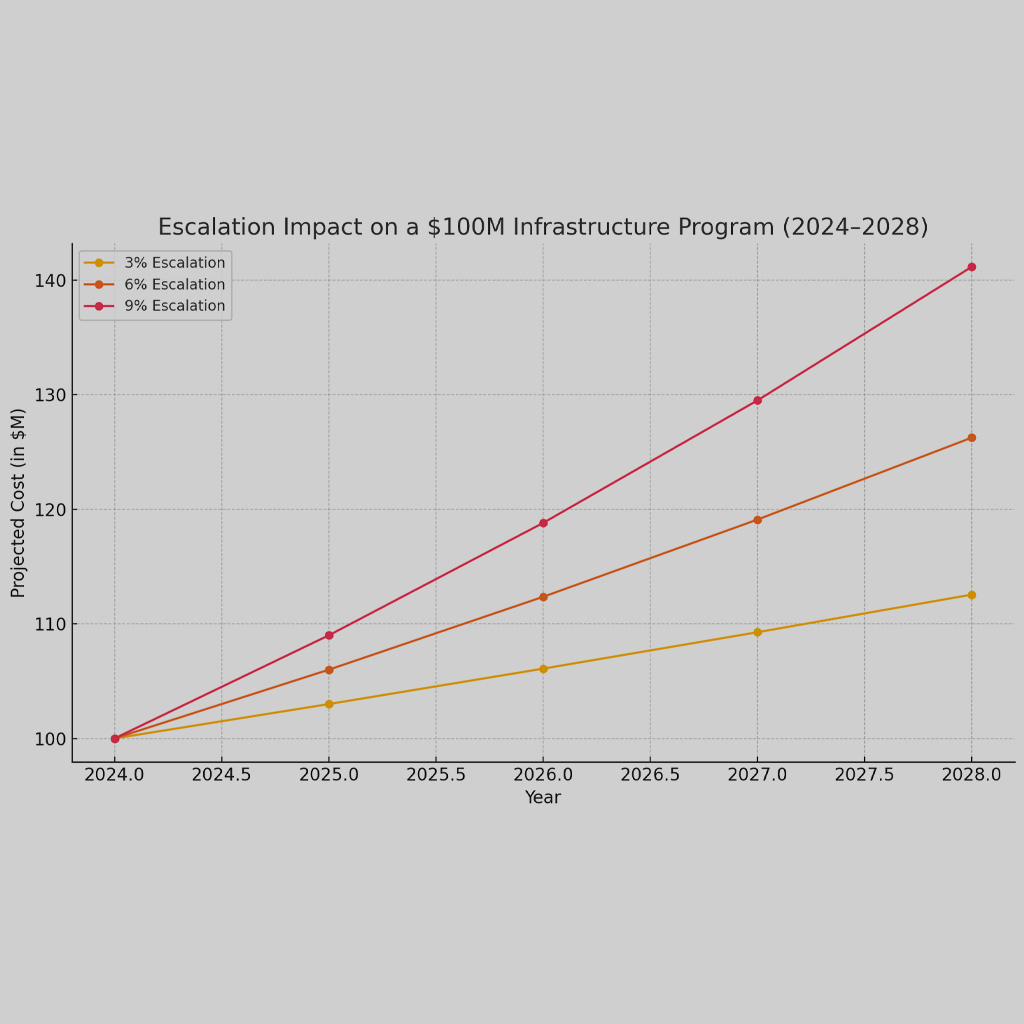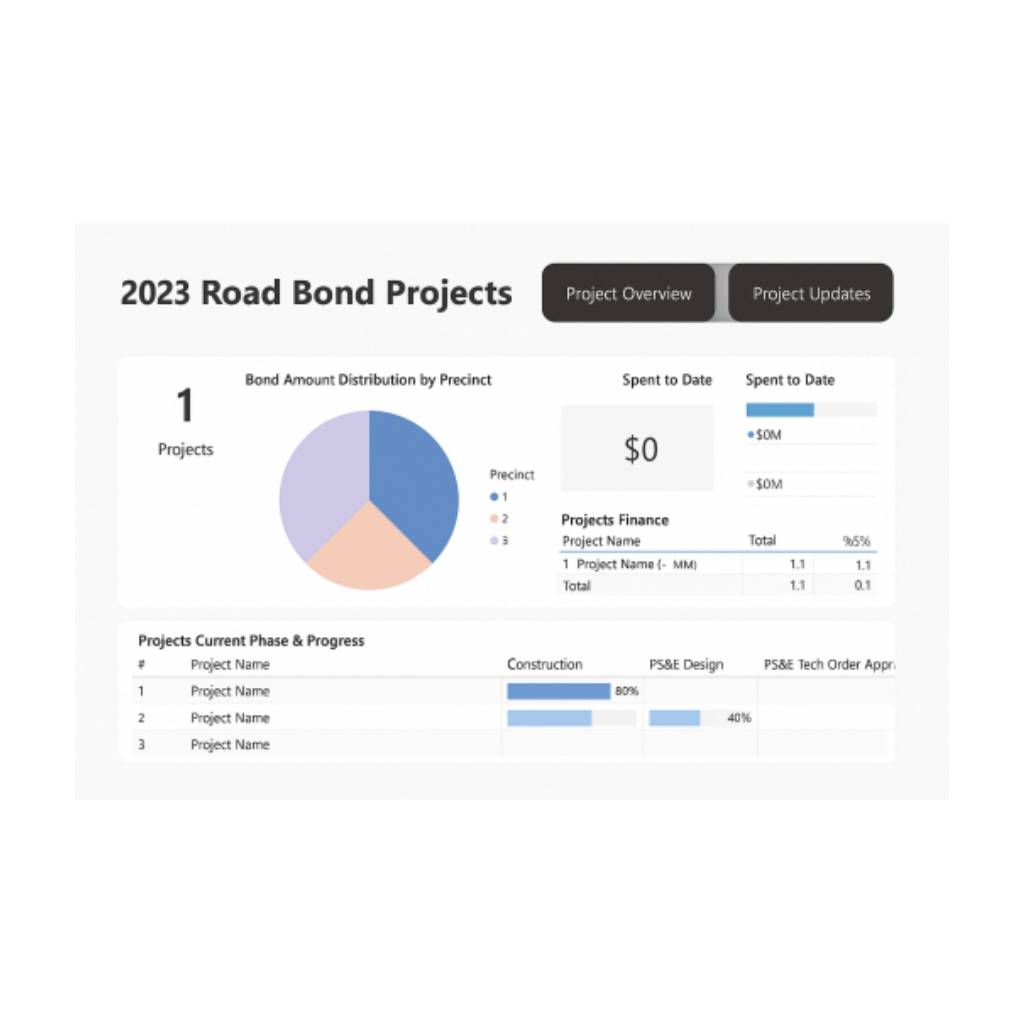– Lily Tomlin
What is a Construction Office Engineer and Why Are They Vital to Project Success?
At Front Line Advisory Group (FLAG), we often receive questions about the role of a Construction Office Engineer — a title that might not be widely understood outside the infrastructure and construction industries. Despite being somewhat behind the scenes, the Office Engineer is critical to keeping projects organized, compliant, and on schedule. In this article, we’ll define what a Construction Office Engineer is, explore their key responsibilities, typical qualifications, and the essential role they play in ensuring project success.
What is a Construction Office Engineer?
A Construction Office Engineer acts as the organizational backbone of a construction project. They provide essential support to project managers, resident engineers, and field teams, ensuring smooth communication, document management, and coordination. Think of them as the hub where all administrative, technical, and logistical details converge. While field engineers focus on the physical construction aspects, Office Engineers ensure that documentation, compliance, and project controls are meticulously managed.
What Does a Construction Office Engineer Do?
A Construction Office Engineer performs a variety of tasks that keep projects running efficiently and in compliance with all requirements. Their key responsibilities typically include:
- Document Management:
- Organize, track, and manage project documents such as drawings, permits, RFIs (Requests for Information), submittals, and change orders.
- Maintain electronic document control systems like Procore, ProjectWise, or Site Manager.
- Coordination and Communication:
- Act as a liaison between project stakeholders, including contractors, subcontractors, engineers, and clients.
- Facilitate communication by processing RFIs, field memos, and field orders.
- Payment Processing:
- Prepare, review, and process progress payments to contractors, ensuring accuracy and compliance with project terms.
- Schedule and Budget Monitoring:
- Track project progress against the schedule and budget, flagging potential issues early.
- Assist in preparing status reports and project updates for stakeholders.
- Compliance and Quality Control:
- Ensure all work complies with contract documents, specifications, and applicable codes.
- Review and process permits, and ensure adherence to safety standards like OSHA requirements.
- Field Support:
- Visit project sites to monitor progress, verify conditions, and support field teams with technical documentation.
- Assist with layout, surveying, and preparing as-built drawings.
- Change Order and Claims Management:
- Assist in preparing and processing change orders and reviewing contractor claims for validity and accuracy.
Typical Qualifications of a Construction Office Engineer
The role of a Construction Office Engineer demands a combination of education, technical skills, and hands-on experience. Here are the standard qualifications:
- Education:
- A Bachelor’s Degree in Civil Engineering, Construction Management, or a related field.
- Alternatively, certification such as NICET Level III or IV in construction-related disciplines.
- Experience:
- Typically 3-5 years of experience in construction management, infrastructure projects, or related fields.
- Familiarity with agencies like NYSDOT or municipal public works departments is often preferred.
- Technical Skills:
- Proficiency in construction management software such as Procore, ProjectWise, Site Manager, AutoCAD, Bluebeam, and Microsoft Office Suite.
- Knowledge of document control systems and electronic project management tools.
- Certifications:
- OSHA 10 or 30-Hour Certification is often required.
- Additional certifications in project scheduling, safety, or quality control are valuable.
- Soft Skills:
- Strong communication, organizational, and problem-solving abilities.
- Attention to detail and the capacity to manage multiple tasks under tight deadlines.
Why Are Office Engineers Important to Projects and Programs?
The importance of an Office Engineer cannot be overstated. Here’s why their role is critical to project success:
- Ensuring Compliance and Accuracy: Office Engineers ensure that all documentation, payments, and project records meet contract requirements, minimizing the risk of costly errors or delays.
- Facilitating Communication: They act as the bridge between field operations and office administration, ensuring clear, timely communication among stakeholders, which reduces misunderstandings and keeps projects on track.
- Managing Project Controls: By tracking schedules, budgets, and documentation, Office Engineers help identify potential issues early, allowing project managers to make informed decisions before small issues become major problems.
- Supporting Field Teams: Their work allows field engineers and project managers to focus on on-site construction activities, confident that the administrative and compliance aspects are being expertly handled.
- Enhancing Efficiency: Effective document control, payment processing, and RFI management streamline project workflows, saving time and reducing delays.
Conclusion
A Construction Office Engineer may not be the most visible role on a project site, but their contribution is fundamental to the smooth operation and success of infrastructure projects. By managing documentation, ensuring compliance, and facilitating communication, they provide the backbone that supports timely and efficient project delivery. In growing regions like New York and Texas, where infrastructure development is booming, having skilled Office Engineers on the team ensures that projects are completed on time, within budget, and to the highest standards.
If you’re considering a career in construction management or need reliable support for your infrastructure projects, understanding the value of a skilled Construction Office Engineer is a step toward successful project execution.
At Front Line Advisory Group, we are pioneers in Capital Improvement Bond Management, leveraging unparalleled expertise and deep industry insights. Our mission extends beyond consultation – we empower our clients to realize the full potential of their investments, ensuring tax dollars are put to maximum use through astute Program Management Consulting. For more information or to commence your journey towards transformative bond management, reach out to us at info@frontlineadvisorygroup.com













